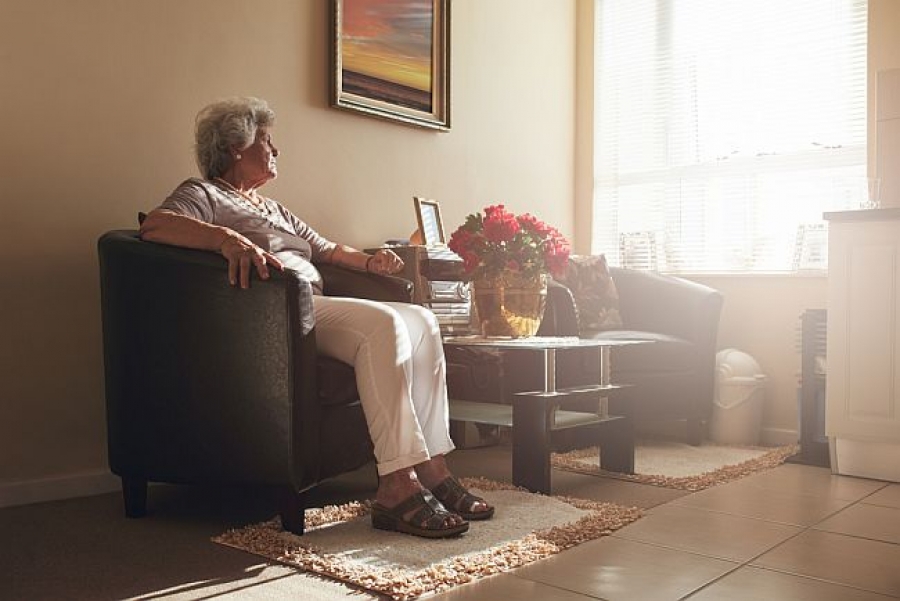It is difficult assuming the parental role with your parents and making decisions about “what is right” for the people who raised you. There is also a lot of emotion tied up in switching roles and the loss of independence for everyone involved. Sometimes, however, it becomes necessary for a son, daughter or grandchild to not only be their parents’ loved one, but also their advocate. You may need to figure out if it is safe for your aging parents to continue to live on their own.
How do you know when it may be time to talk with your parents about their living arrangements? Here are a few ways to assess the situation.
Drop in unexpectedly to visit.
See with your own eyes if your parents are meeting their daily needs without assistance. Are they clean and groomed? Are they keeping up with the house and laundry? Is there sufficient food in the refrigerator? Take note as to whether their basic living needs are being met.
Check their medication.
Count your parents’ pills from time to time to determine if they are taking them correctly. You can also check with their pharmacy or enlist the help of their healthcare provider to learn if your parents are picking up their prescriptions on time.
Ask about their friends and activities.
Assess whether your parents are getting out and socializing with others. Are they keeping up with activities that they have always attended, such as going to their place of worship or clubs or playing cards with their friends? If you are not certain, speak with their friends, neighbors or spiritual leader, or offer to attend activities with them.
Determine if they are safe in their home.
If your parents don’t live in a safe neighborhood with adequate transportation, make sure they have proper home security and access to rideshare programs. If they have a lot of stairs or live in a cluttered environment, help make sure they have clear pathways for walking and eliminate trip hazards. You can also install assistive devices, such as lift chairs and grab bars in their tub or shower.
Evaluate how well they are managing their finances.
It may be a sensitive topic, but ask your parents if you can help keep their financial paperwork organized. Take note of unpaid bills or large amounts of money that are unaccounted for. If your parent feels uncomfortable talking about their finances, offer to help them set them up with an advisor. These activities can open the door to frank discussion.
If you decide that your parents shouldn’t live on their own anymore, keep in mind that leaving their home and everything familiar may be difficult and even disorienting for them. There are many options to explore, such as moving in with a family member or moving into an assisted living or long-term care facility. But know that there are also other options that would allow them to stay in their own home or community. Help them figure out if they would be safer and happy in a smaller house. Or perhaps they would prefer an apartment or condo with an elevator and other amenities. Consider hiring a home care agency to come in to monitor medications or perform personal care, or have a service clean or run errands. You can even ask a family member or hire an individual to live with your parent.
Finally, arrange to have someone visit your parents from time to time, especially if they change residences. This can help make sure they are adjusting well and having all their basic needs met.
You can find more information on helping your parents age in place from sources like Eldercare Locator, National Association of Area Agencies on Aging, and the Department of Housing and Urban Development (HUD).
Source: realtytimes.com ~ BY NANCY KUPKA, PHD

